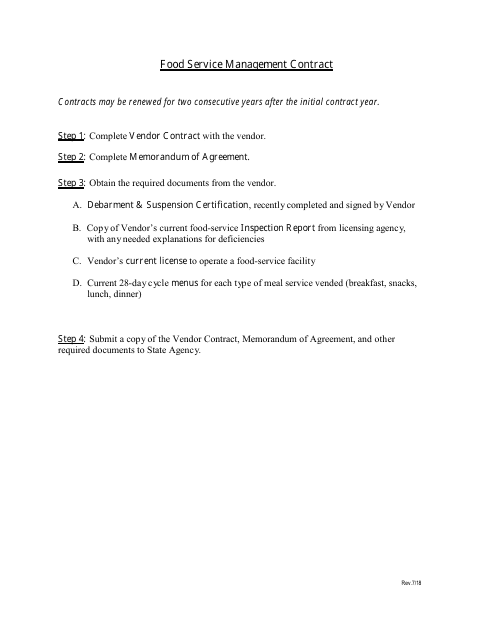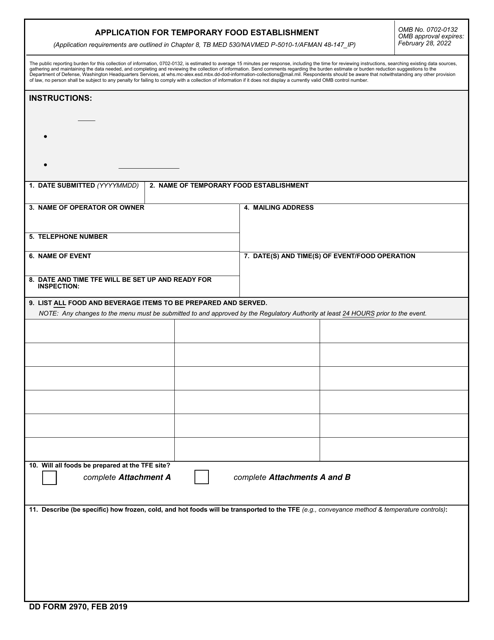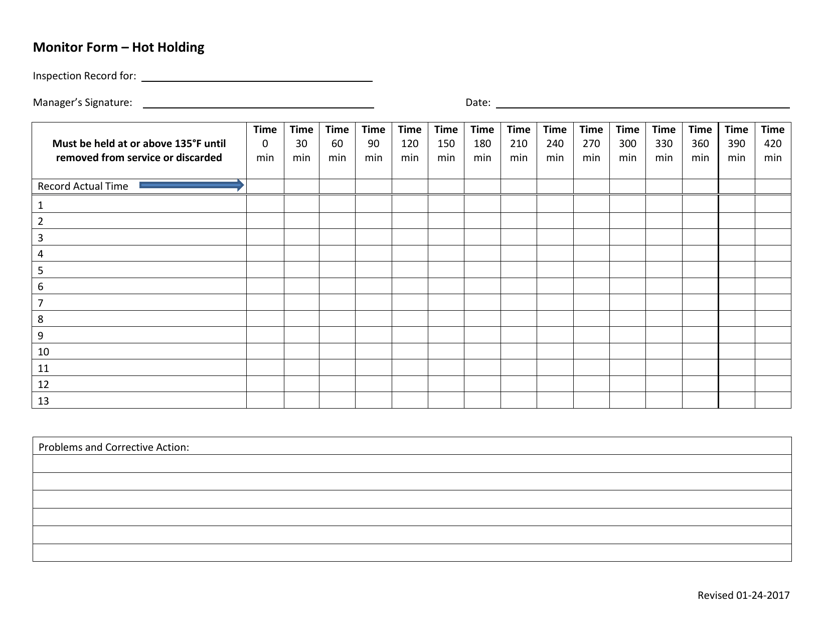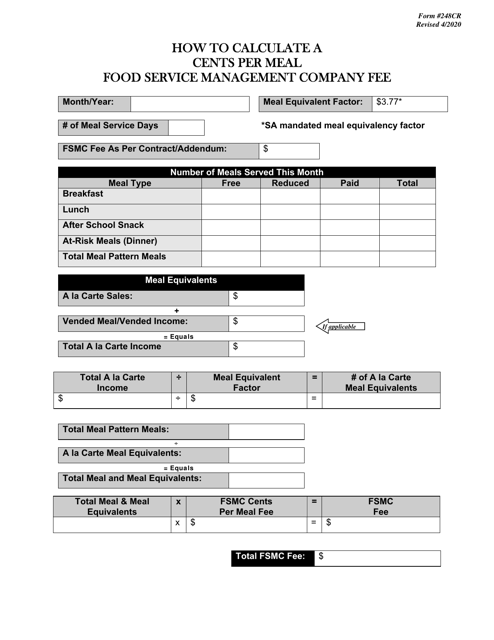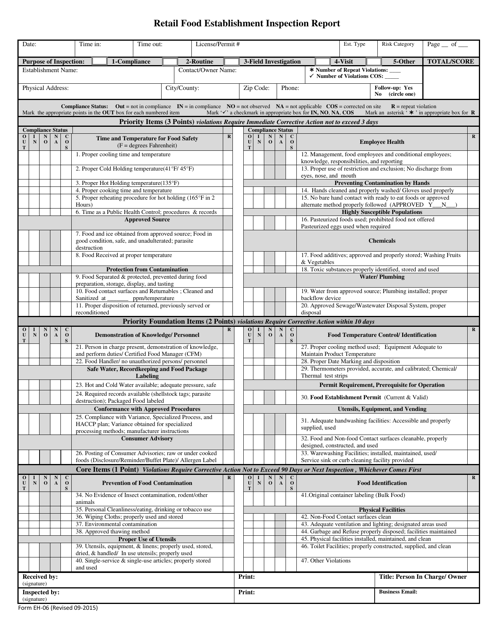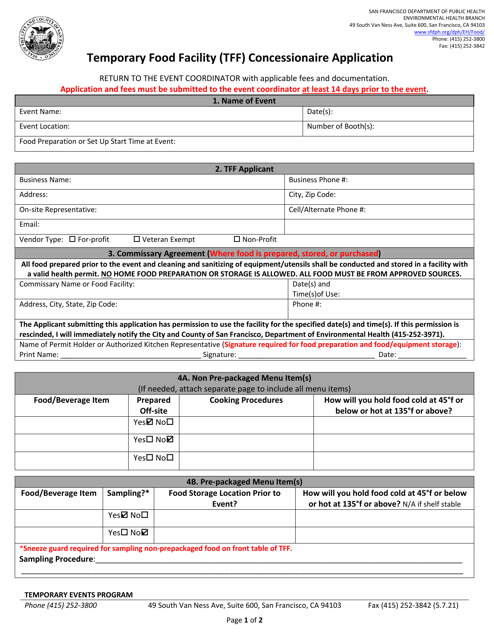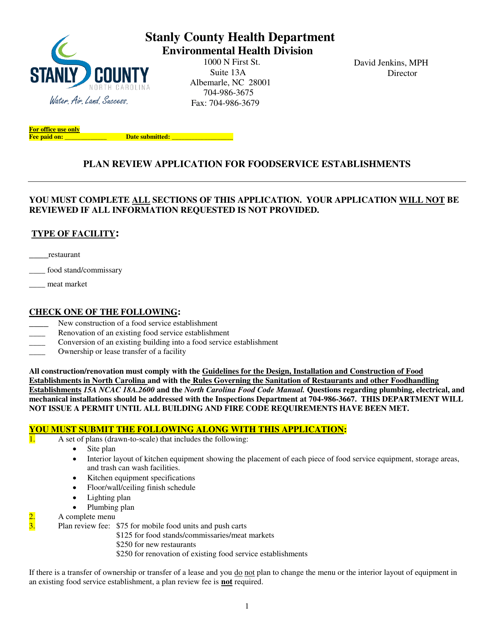Foodservice Industry Templates
The foodservice industry, also known as the food and beverage industry, plays a crucial role in providing meals and refreshments to customers in various settings. Whether it's restaurants, cafes, catering services, or food trucks, this industry caters to the needs of hungry individuals looking for delicious and convenient dining options.
Within the foodservice industry, there are a plethora of documents that businesses and entrepreneurs in this field must be familiar with. These documents are essential for ensuring compliance with regulations, managing operations, and providing a high-quality dining experience.
One such document is the DD Form 2970 Application for Temporary Food Establishment, which is necessary for those looking to set up temporary food establishments. This form helps authorities track and regulate businesses that provide food on a temporary basis, such as at fairs, festivals, and events.
Another document in this collection is the Monitor Form "Hot Holding," commonly used in the state of Oklahoma. This form ensures that food establishments adhere to specific guidelines when it comes to safely holding hot food items to maintain quality and safety standards.
In other regions, such as New Jersey, food service management companies calculate a "Cents Per Meal" fee. This fee, which is determined through a specific calculation method, allows these companies to cover their expenses while providing meals to individuals or institutions.
If you're in the vibrant city of San Francisco, California, you might come across the Temporary Food Facility (TFF) Concessionaire Application. This application is required for individuals or businesses looking to operate temporary food facilities, such as food trucks or stalls, in the city. This document ensures that proper health and safety protocols are followed during these temporary operations.
On the other side of the country, in Stanly County, North Carolina, there is a Plan Review Application for Foodservice Establishments. This application is necessary for anyone looking to open a new foodservice establishment or make significant changes to an existing one. This document helps authorities review and approve plans to ensure compliance with health and safety regulations.
These are just a few examples of the documents within the foodservice industry that individuals, businesses, and government agencies may come across. Whether it's applying for permits, adhering to food safety guidelines, or managing operations, these documents are essential for the smooth and successful operation of foodservice establishments.
If you're in the foodservice industry or interested in venturing into this field, familiarizing yourself with the necessary documents and understanding their importance is crucial. Keep in mind that regulations and document requirements may vary by location, so it's essential to stay up to date with the specific guidelines in your area.
Make sure to consult the relevant authorities or seek professional assistance to ensure compliance with all regulations and streamline your foodservice operations for success.
Documents:
7
This document is a contract used in Florida for managing food services in various establishments such as restaurants, cafeterias, and catering services. It outlines the terms and conditions for the management of these food service operations.
This Form is used for monitoring hot holding temperatures in Oklahoma food establishments.
This Form is used for conducting inspections of retail food establishments in the City of Corpus Christi, Texas.
This document is for individuals or organizations who want to operate a temporary food facility in San Francisco, California. It is an application for obtaining a concessionaire permit from the City and County of San Francisco.
This document is used for submitting a plan review application for foodservice establishments in Stanly County, North Carolina.

